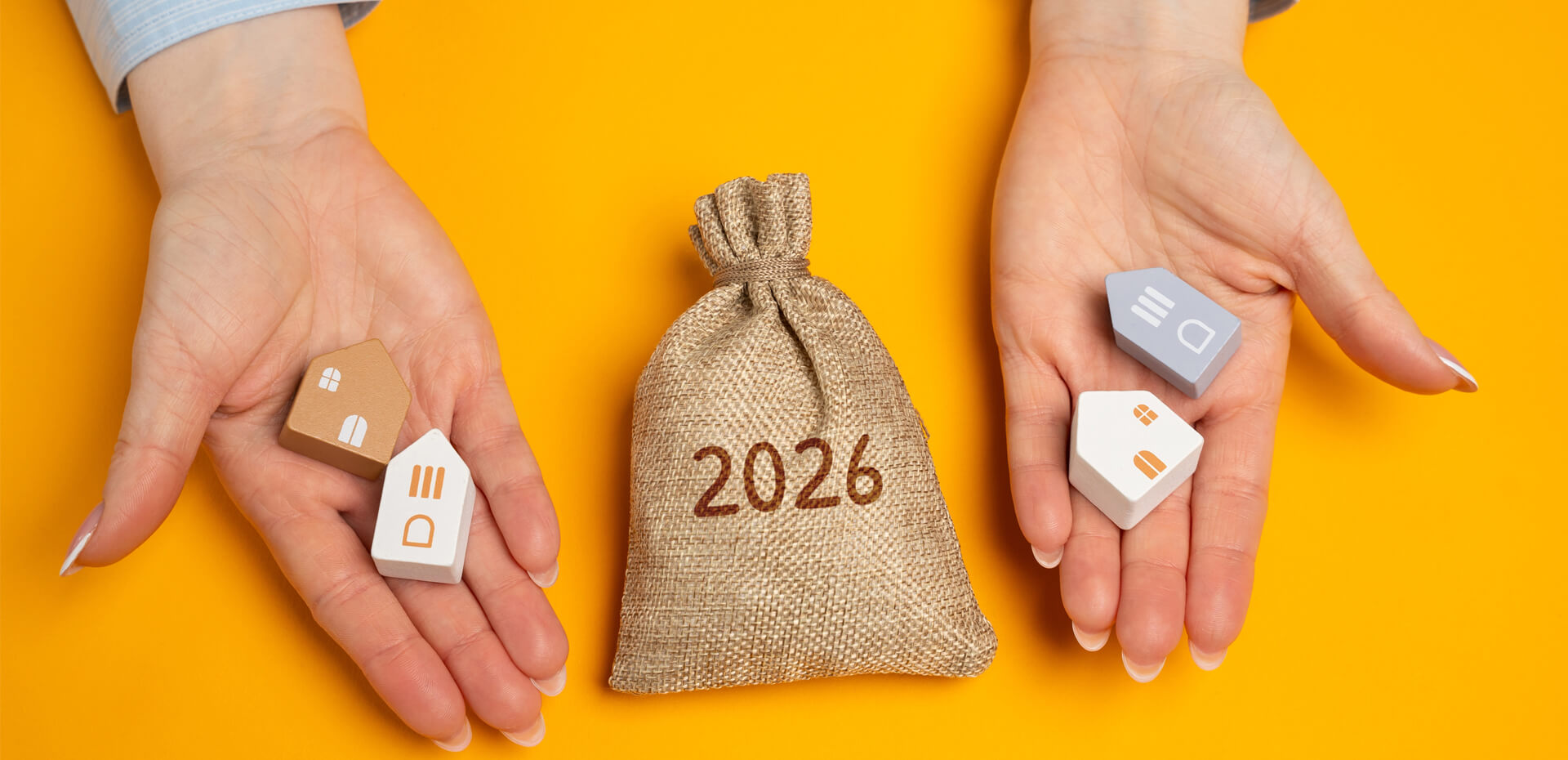Today, more and more of us work on a freelance basis. While it can be freeing, it can also make things trickier when it comes to applying for a mortgage. This blog looks at the challenges freelancers face when making a mortgage application, what lenders assess to determine eligibility and how freelancers can improve their chances of being accepted.
The challenges freelancers face in securing a mortgage
If you are a freelancer and you want to apply for a mortgage, you may find it more challenging to get approval than you would if you were receiving a regular salary. Some of the more typical challenges you might encounter include:
- Income unpredictability. Lenders assess based on risk, and if your freelance income varies greatly each month, they are more likely to view your case as higher risk. Fluctuating income can concern them as they’re less likely to be convinced you’ll be able to keep up your mortgage repayments.
- Stricter qualifying criteria. They may require a more demanding assessment of your income stability, potentially complicating the application process.
- Higher interest rates. Higher risk often spells higher interest rates.
- Bigger deposit. You may need to put down a larger deposit.
- Fewer mortgage options. Your choice of mortgage products may be more limited.
- More complex application process. The process may take longer than it normally would if you are required to submit more documentation.
- Higher risk of non-approval. If you can’t provide the necessary evidence of a stable income, or if your financial circumstances don’t look healthy, it’s more likely your mortgage application will be rejected.
- Different lenders have varying qualifying criteria. What one lender deems as acceptable income may differ entirely from another lender.
What lenders look for in self-employed applicants
Stable income will undoubtedly affect how a lender perceives your mortgage application. However, earning consistently is just one aspect they’ll consider. You’ll need to earn enough to cover monthly repayments. And you’ll need to prove you can manage your money well, that you’re not in debt and that you’ve been able to save for a deposit. They’ll look for any other forms of income that will support your application – benefits, funds from renting out a property, and so on.




